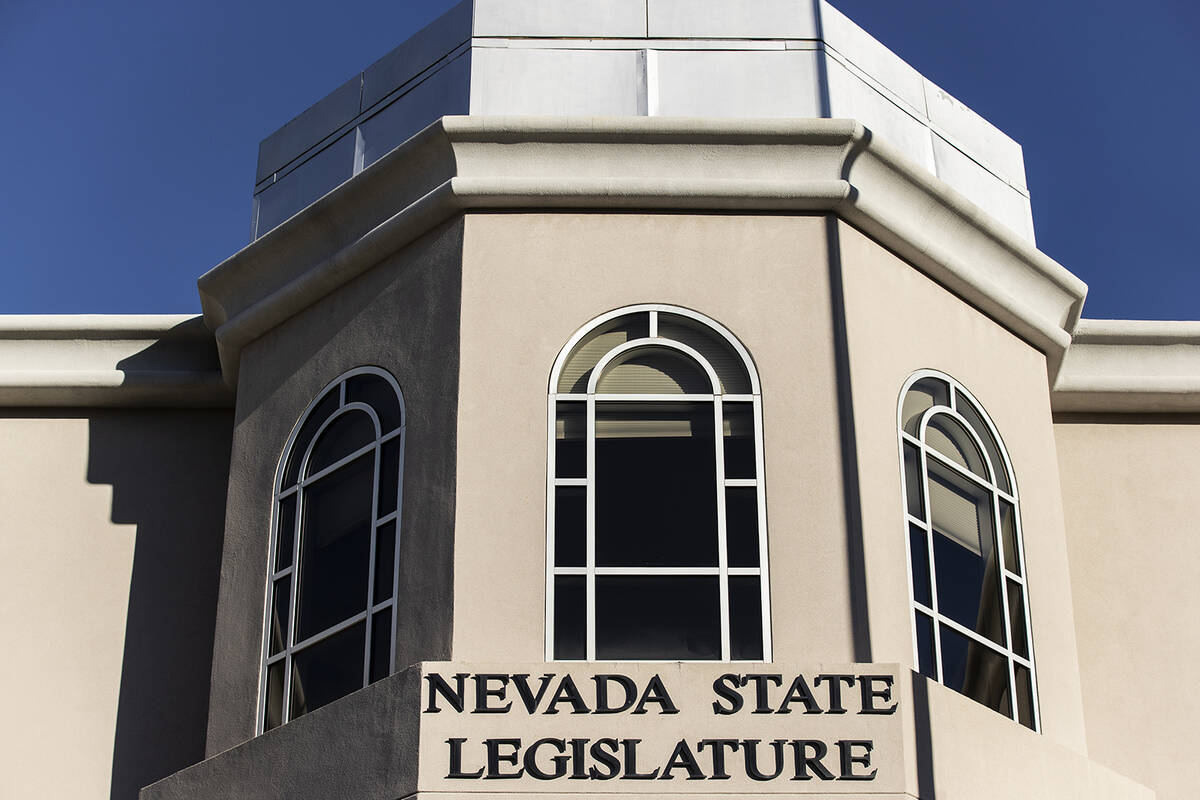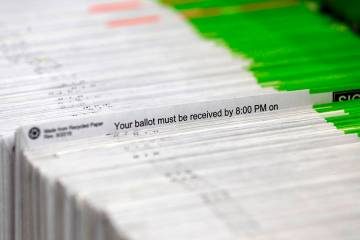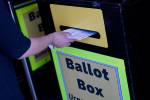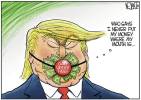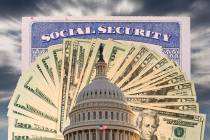EDITORIAL: What happens when federal relief spigot runs dry?
State officials last week were crowing about replenishing the state’s rainy day fund, which lawmakers emptied in 2020 to cover a pandemic-related budget shortage. The fund hit a record $401 million in May 2020, but was wiped out months later thanks to coronavirus shutdowns and restrictions. It’s now back up to $340 million.
“Thanks to the commitment of Gov. (Steve) Sisolak, the Legislature and my office,” Treasurer Zach Conine said in a news release, “Nevadans can rest assured that the state’s financial situation is strong as we recover from the impacts of the pandemic.”
Gov. Sisolak got into the political preening, touting his “balanced, thoughtful budget” and noting that, “Replenishing the Rainy Day Fund will help set Nevada up for further success in the long-term while we continue to focus on creating good-paying jobs for Nevadans.”
A robust emergency fund is certainly good news. But while Mr. Conine and the governor were taking credit for ensuring the state is on secure financial footing, neither acknowledged the elephant in the room: the federal government’s overly generous virus handouts.
The state of Nevada hauled in $2.7 billion in federal assistance thanks to the American Rescue Plan, passed last March. Local governments and school districts received about $4 billion more. In fact, state and local officials are so flush thanks to congressional Democrats ramping up the federal printing presses that they conducted “listening tours” to find out how Nevadans wanted them to spend the loot.
In addition, Nevada received hundreds of millions more under the CARES Act, passed by Congress as the pandemic hit in March 2020.
Those Washington handouts weren’t “free,” of course. Inflation is raging and the national debt rushes toward $30 trillion. But they certainly helped states pad the books.
Whether the generosity of U.S. taxpayers ended up directly in the rainy day fund is irrelevant. Money is fungible, and the infusions have left Nevada “with an unprecedented amount of money,” in Mr. Conine’s words, making it easier for politicians to disguise the long-term ramifications of virus restrictions.
Many Nevada economic indicators have indeed rebounded from the height of the pandemic. The gaming industry has registered record win totals of late and overall state tax revenues exceed projections and have recovered to pre-pandemic levels. Yet unemployment, though showing improvement, remains high in comparison to other states and Las Vegas tourism numbers still trail 2019 figures.
Replenishing the rainy day fund is a step forward. But the real questions will come in the months and years ahead when the “emergency” relief spigot runs dry.



